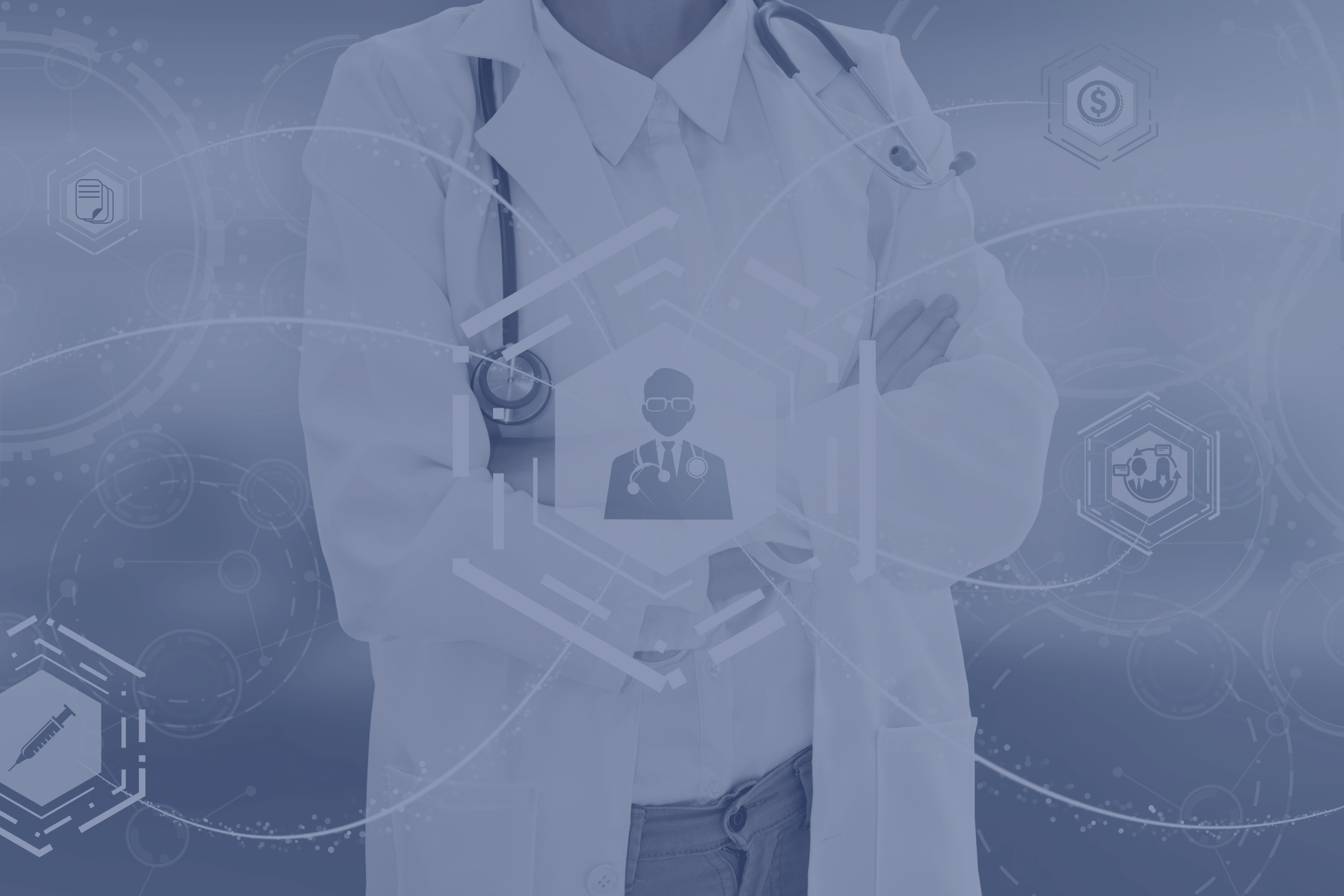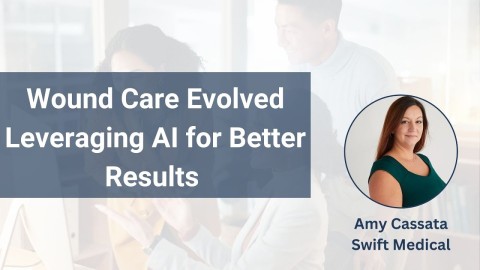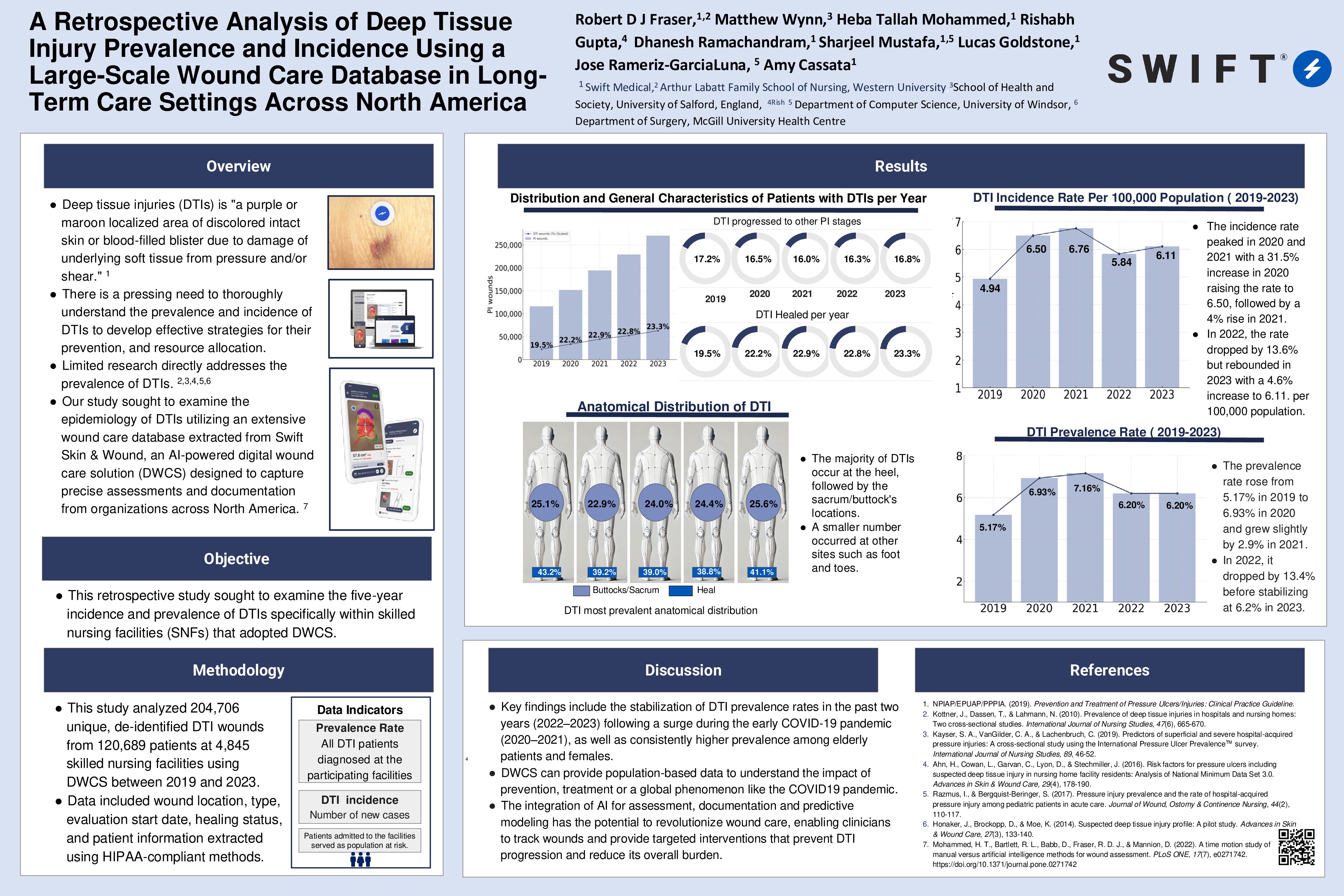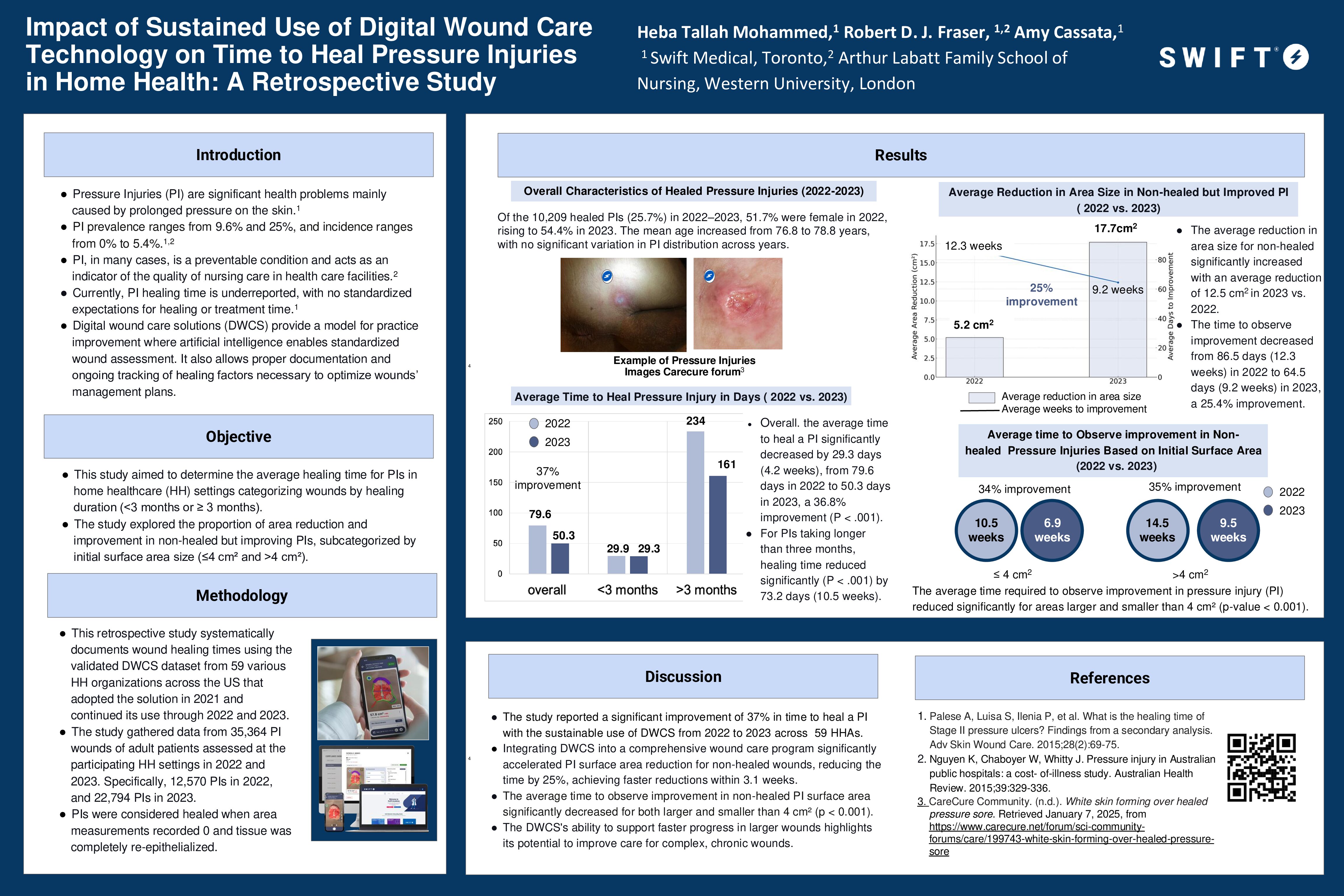From writing a book to challenging the norms in nursing school to winning an award at a hackathon, Rob Fraser has consistently pushed the boundaries of healthcare and technology. Rob, VP of Clinical Innovation at Swift Medical, recently joined Zwelithini on the Open Wound Research podcast to discuss the transformative potential of AI and analytics in wound care.
During the conversation, they acknowledged that one of the biggest hurdles in integrating AI into healthcare is the disparity between the fast-paced world of technology and the slower-moving healthcare sector. While technology offers immense opportunities for clinicians, successful implementation relies on clinician involvement in both the development and adoption of these tools. This philosophy has remained a driving force in Rob’s career.
Additionally high-quality data is a cornerstone of effective AI fueling these technologies. By leveraging robust datasets, AI algorithms can provide valuable insights to healthcare providers. However, it’s essential to remember that AI is only as good as the data it’s trained on. It requires translating insights into practical clinical applications for those on the frontline. Focus groups and user testing sessions are critical to ensuring clinician perspectives are integrated. As Zwelithini notes, “It’s a slow iterative process, but you can’t take the humans out of it.”
But, driving meaningful transformation in wound care programs makes it worth the work. Having access to readily available modeled data is essential. As Rob explains, “We [Swift Medical] can give organizations that information so they can understand in real-time what’s happening with their patients to drive those clinical practice differences that result in the better outcomes that we talk about in terms of lowering prevalence, improving healing rates and reducing complications and regulatory fines.”
The benefits of using AI in wound care are clear and their application in real-world applications, like Swift Skin & Wound, are continuously expanding. Below are just a few of the advantages discussed on the podcast.
- Standardize: Ensures consistent protocols and processes
- Efficiency: Streamlines workflows and reduces administrative burdens
- Consistency: Provides reliable and reproducible results
- Advanced Analytics: Enables deeper insights into patient data
- Prevention: Identifies potential issues early on without manual review
- Optimize: Highlights areas for improvement, such as education and training
To dive deeper into the exciting world of data-driven wound care, listen to the full Open Wound Research podcast as future applications are explored. Skip to minute 34 for the segment focused on AI in wound care.
Learn more about Open Wound Research here.





